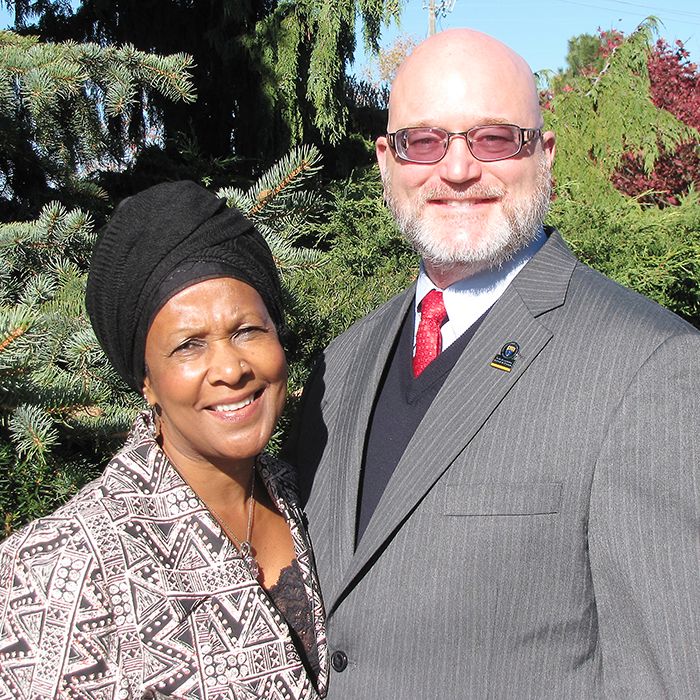
Taking a more holistic approach to treating people with substance abuse problems was the focus of the Chatham-Kent Addictions Awareness Conference in Chatham Wednesday.
Four health-care agencies teamed up to host the event at Club Lentinas that was aimed at increasing education around addictions.
The conference featured two renowned addiction specialists who discussed the connection between trauma and addiction.
“People who have experienced traumatic events are more likely to develop (drug) dependence,” said Dr. David Marsh, Associate Dean for community engagement at the Northern Ontario School of Medicine in Sudbury. “A treatment response that is trauma-informed will help benefit those people in terms of addressing the consequences of their trauma as well as addressing their drug use.”
In addition, Marsh suggested the treatment should be co-ordinated to treat a patient’s drug abuse as well as his or her physical and mental health.
“We can’t treat addiction in an isolated way with a treatment that’s only a hammer that hammers everything as if it’s a nail,” said Marsh. “We need a range of different types of addiction treatments to be connected to physical health for things like HIV and hepatitis, and to mental health treatment for depression, trauma and post-traumatic stress disorder.”
Marsh’s wife, Teresa Naseba-Marsh, a psychotherapist, also spoke at the conference.
She immigrated to Canada from South Africa in 1992 and has worked with First Nations and Caribbean populations in trauma and addiction.
Naseba-Marsh also incorporates her experience as a yoga and meditation teacher to use holistic healing approaches to help people overcome suffering and addiction.
She noted that when people are traumatized, their nervous system becomes “activated,” which causes things such as nightmares and flashbacks to occur.
“They use substances to de-activate,” said Naseba-Marsh. “So tapping into body work like meditation, yoga and physical exercises can help with de-activation, as opposed to using substances.”
The conference was organized by the Chatham-Kent Health Centres, the Chatham-Kent Health Alliance Mental Health & Addictions Program, the Canadian Mental Health Association and the Westover Treatment Centres.
The theme reflected some new programs that have been developed to help people in Chatham-Kent.
“Most people that come through our clinic have experienced trauma, and substance abuse is the end result. Or they experience trauma because of the substance abuse,” said Cynthia Perritt, an addictions counselor with the C-K Health Centres.
The programs include Teen-Anon that adds an educational component to help young people between the ages of 12 and 19.
Another program, Phoenix Rising, provides care to women, aged 16 and older, who have gone through outpatient or residential treatment programs.
For family members, a support group offers help from people who have dealt with similar experiences.
For more information, call 519-397-5455.






